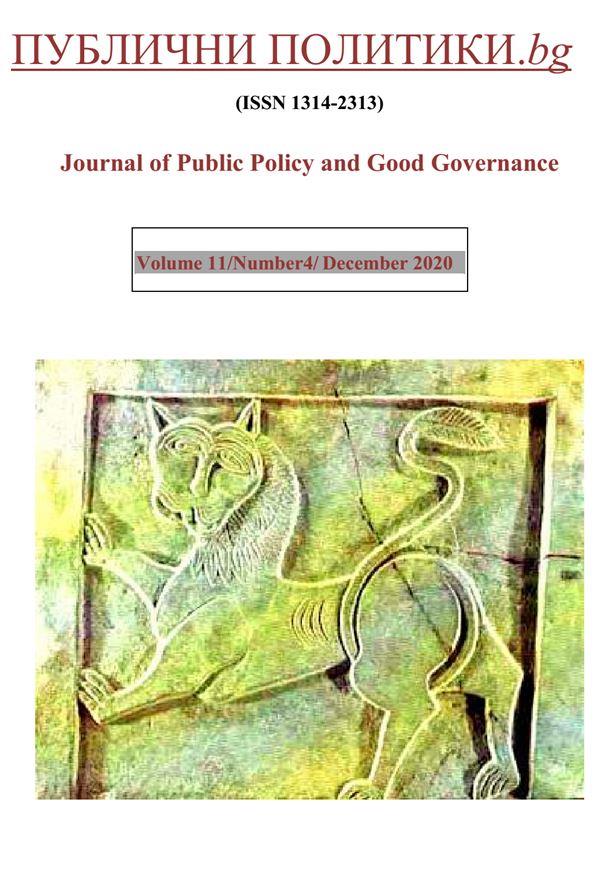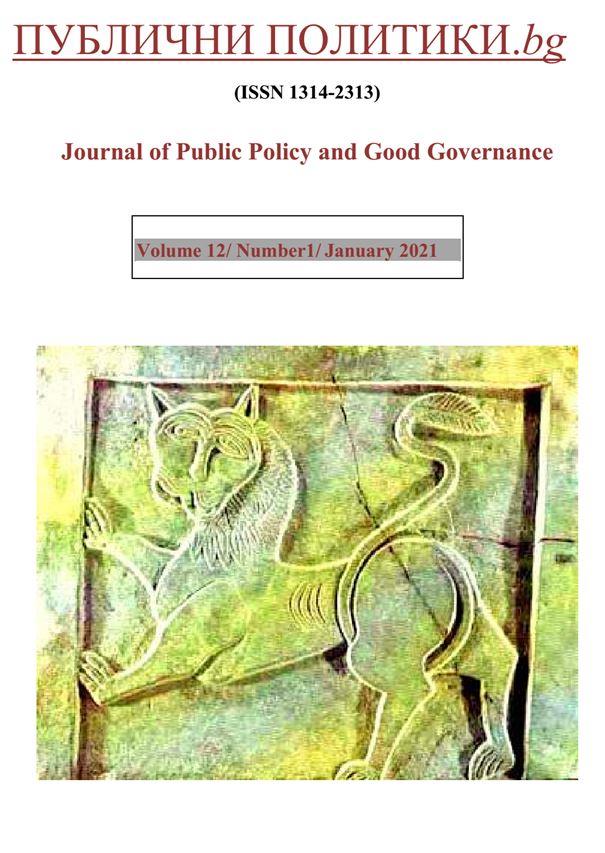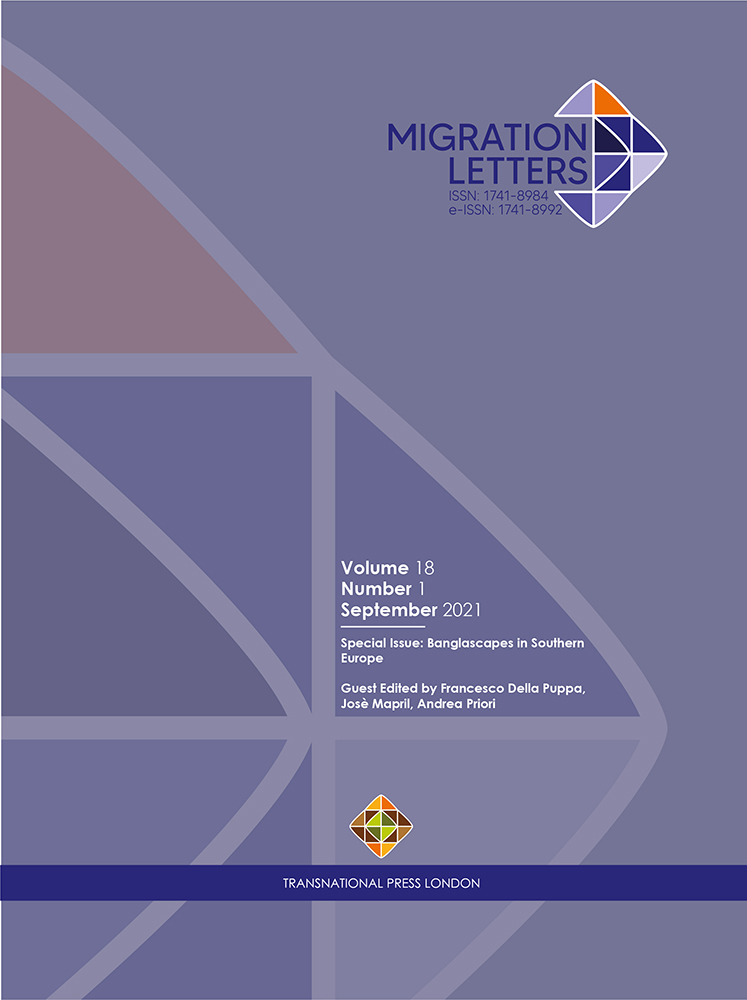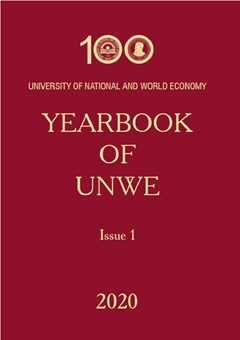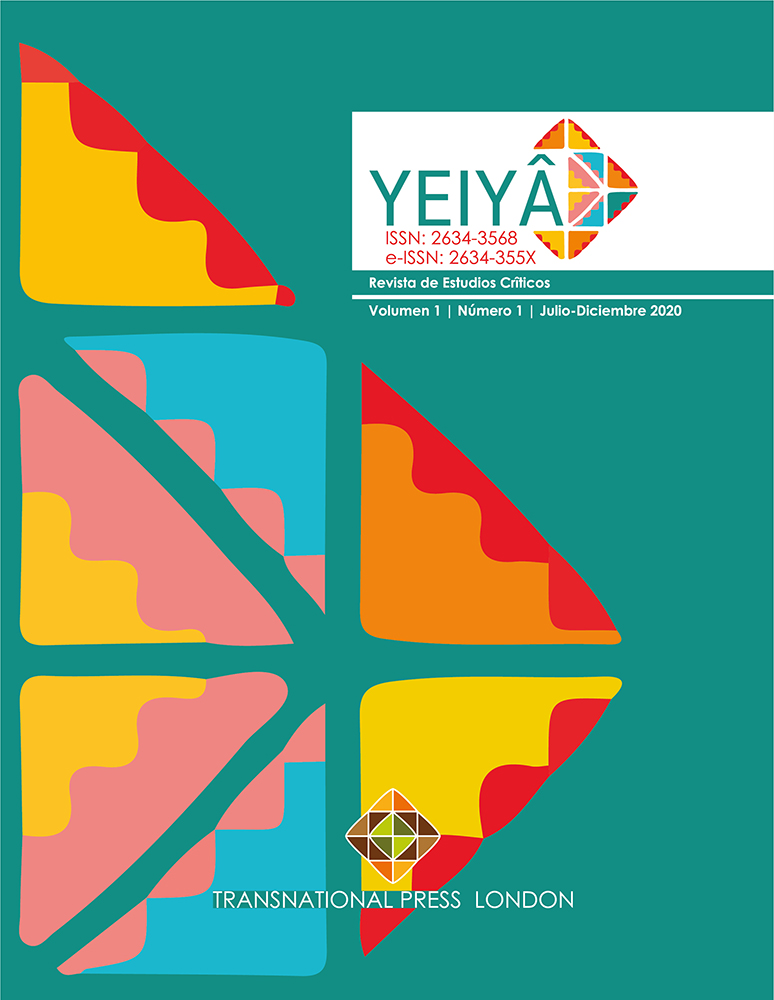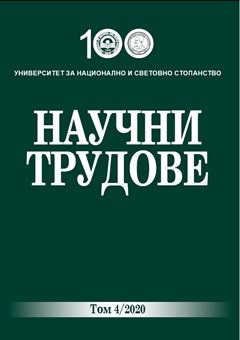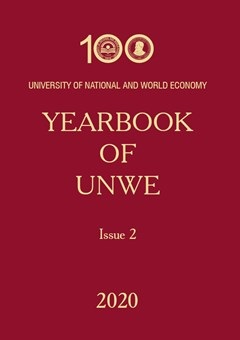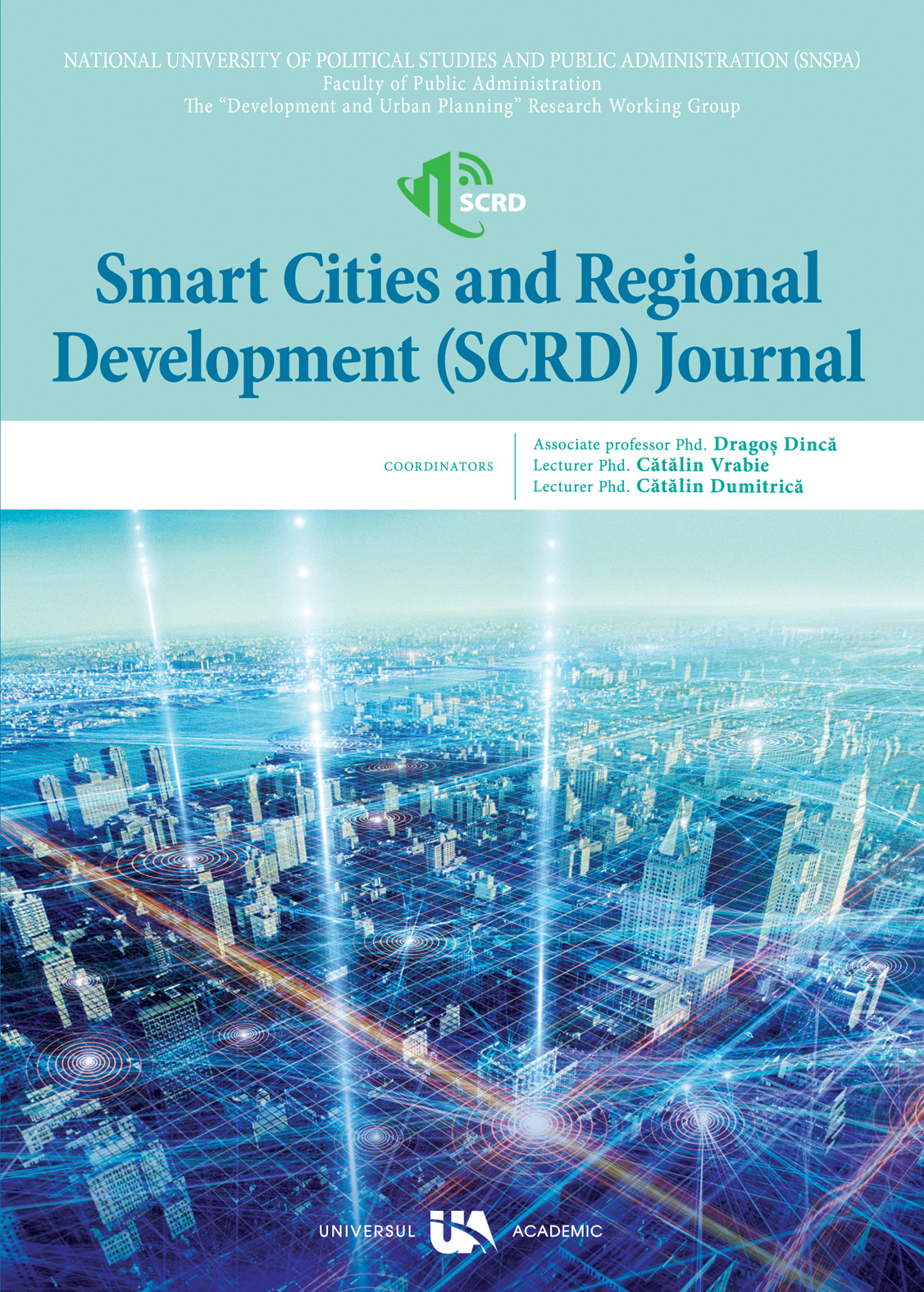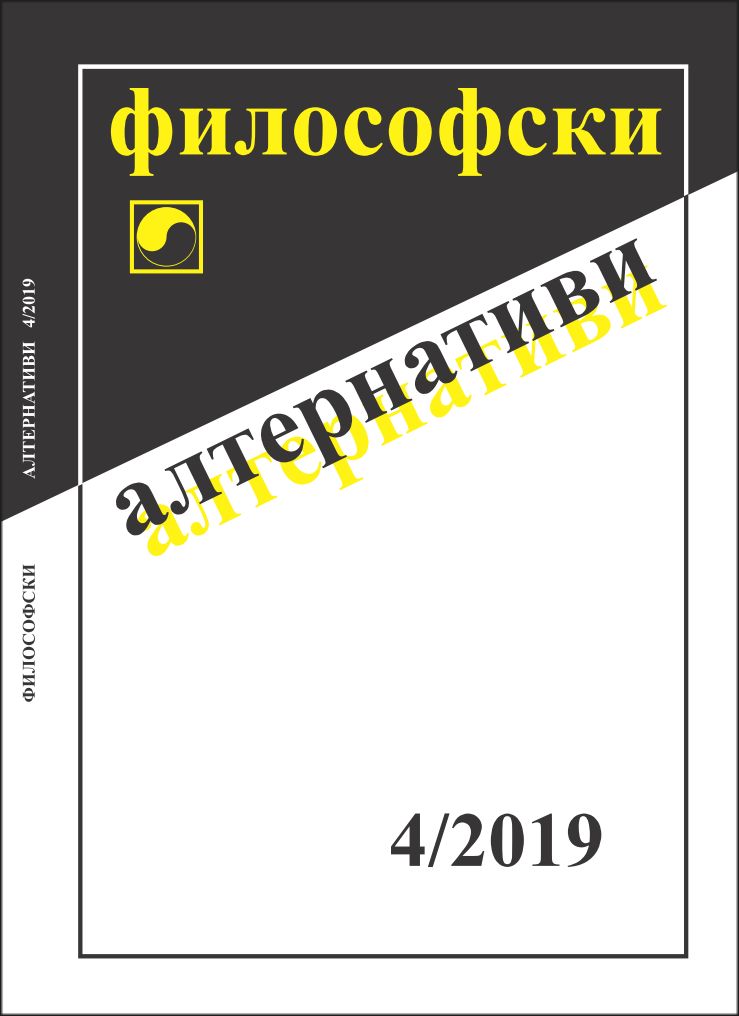
Ролята на културния фактор при преноса на рекламни стратегии
With the expansion of globalization, more and more companies are considering ways to ensure success through effective marketing. But is it always possible to create a worldwide uniform brand image? Many companies have realized that even the universal needs of consumers are determined by differing attitudes and mental patterns of thought, behavior and communication. Of all marketing tools, advertising is the one most dependent on cultural codes, language and symbolism, for its purpose is to give social meanings to products. On this basis, the rule “think global, act local” ensures better communication and more powerful presentation because understanding in communication is based on shared cultural knowledge. This comparative study analyzes the transformations of brand slogans in Bulgaria and other markets, and points out many fundamental socio-cultural features. Evidently, not only the content of the message, but also its rhetorical diversity is determined by differing cultural values and expectations.
More...
